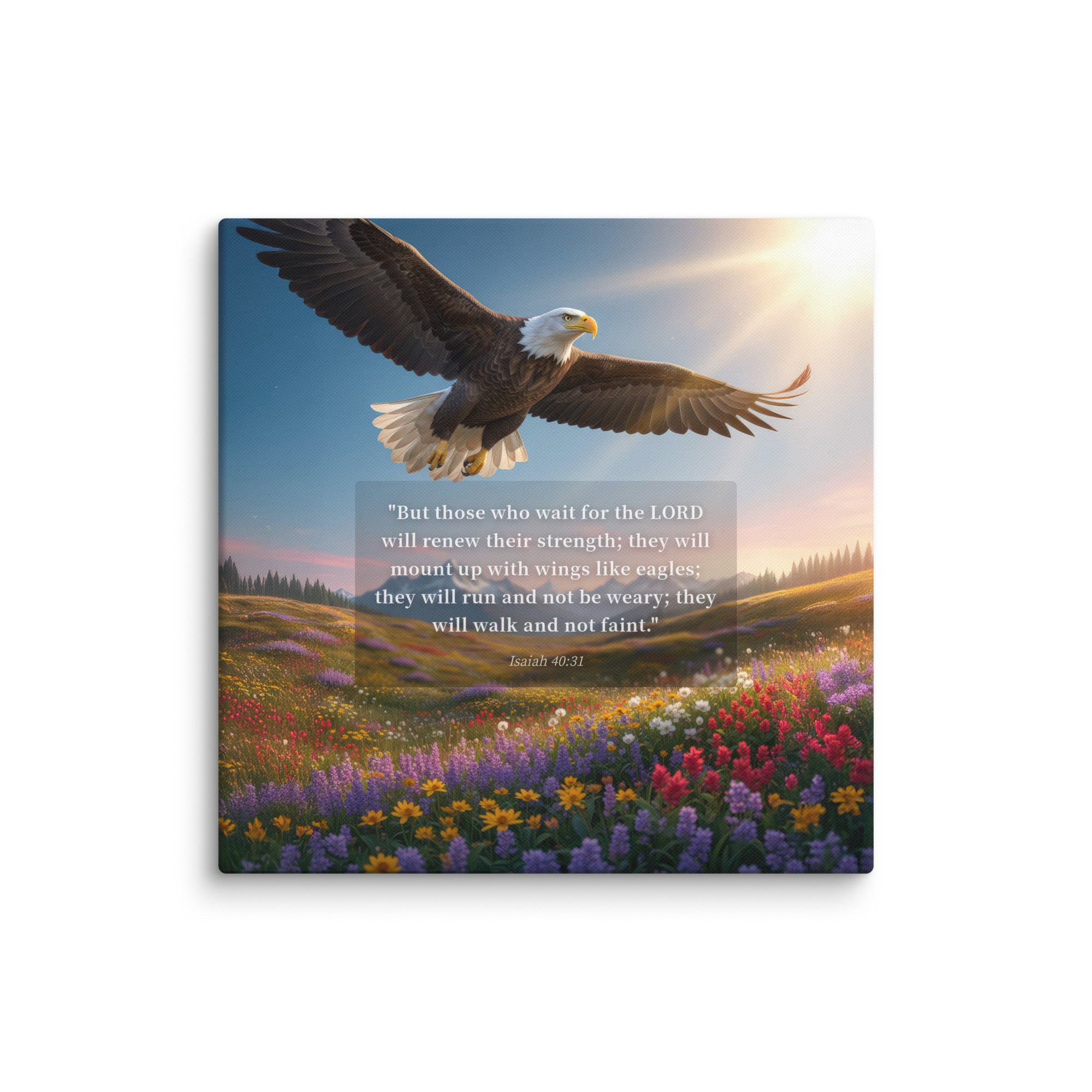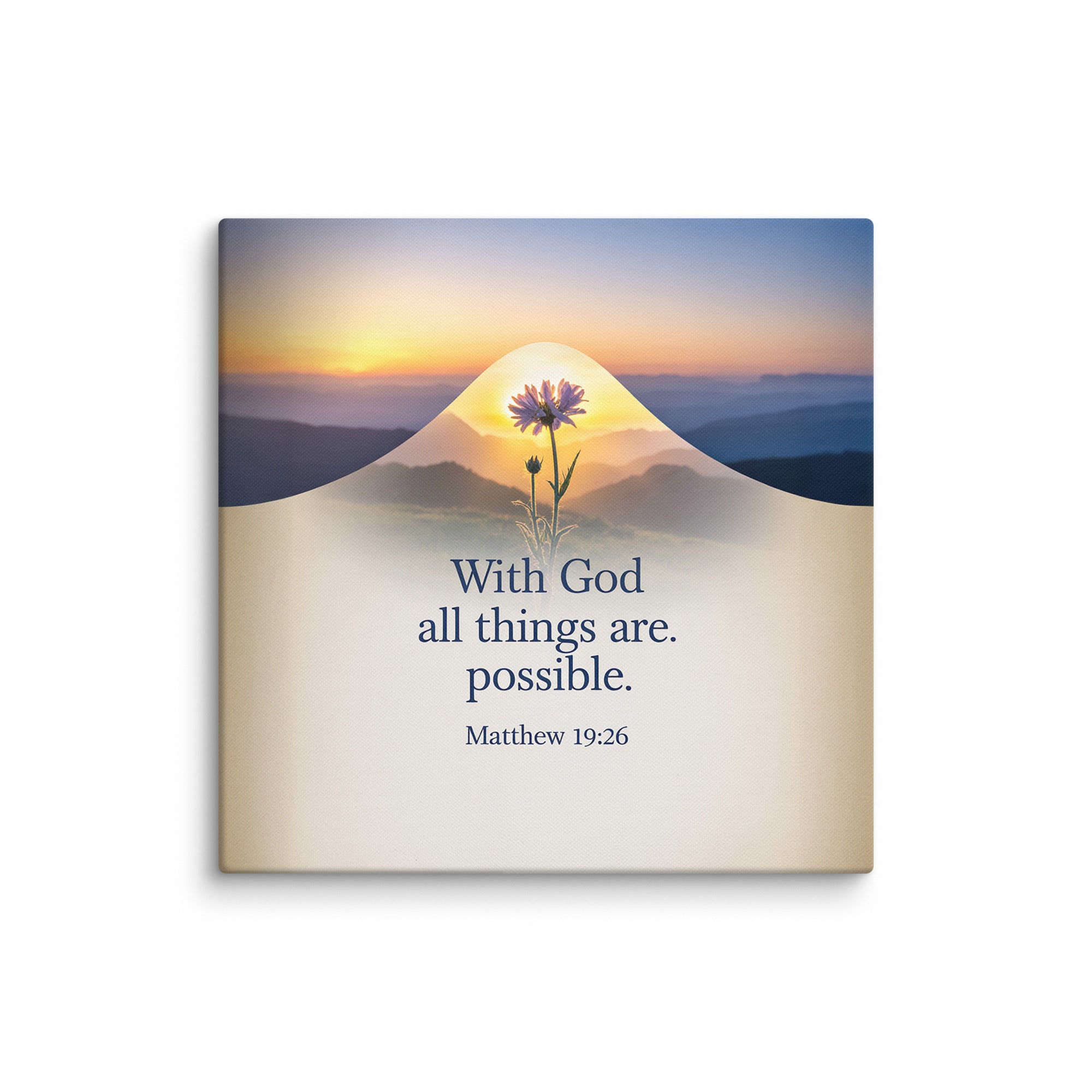The Bible is the most widely read book in the world, but for many, it can feel overwhelming to begin. With 66 books written by multiple authors over thousands of years, it might seem complicated. However, with the right approach, anyone can start reading the Bible and gain wisdom, encouragement, and spiritual growth.
1. Choose the Right Bible Translation
The Bible was originally written in Hebrew, Aramaic, and Greek. Today, there are many translations available. Some are more word-for-word (like the King James Version), while others focus on readability (like the New Living Translation).
Here are some options:
| Translation | Description | Best For |
|---|---|---|
| King James Version (KJV) | Traditional, poetic language | Those who prefer classic wording |
| New International Version (NIV) | Easy to understand while staying accurate | General readers |
| English Standard Version (ESV) | Word-for-word accuracy with readability | Study and deeper understanding |
| New Living Translation (NLT) | Very readable, modern language | New believers and casual reading |
Choose a translation that helps you understand the text easily and keeps you engaged.
2. Start with the Right Book
Many people think they should start at the very beginning with Genesis, but this can sometimes lead to frustration. Instead, consider starting with these books:
- The Gospel of John – Gives an overview of Jesus’ life and teachings.
- Psalms – Full of prayers and encouragement for daily life.
- Proverbs – Provides wisdom for making good choices.
- Genesis – The foundation of God’s creation and early history.
Once you become familiar with these books, you can explore the Old and New Testaments more easily.
3. Set a Realistic Reading Plan
Reading the Bible is a lifelong journey, not something to rush. Setting a realistic plan can help:
| Plan Type | Description | Best For |
|---|---|---|
| 5-Minute Daily Reading | Read a small passage each day | Beginners or busy schedules |
| Chapter-a-Day Plan | Read one chapter daily | Steady progress through the Bible |
| Thematic Study | Focus on a topic (faith, love, forgiveness) | Those looking for specific guidance |
| One-Year Bible Plan | Read through the Bible in a year | Those who want structured reading |
Starting small is better than not starting at all. Even reading a few verses each day can make a big difference.
4. Pray Before and After Reading
The Bible is more than just a book; it is God’s Word. Before reading, ask God to help you understand what He wants to teach you. A simple prayer like this can help:
"Lord, please open my heart and mind to Your Word. Help me understand and apply it to my life. Amen."
After reading, reflect on what you learned and ask God to help you live out His truth.
5. Use Study Tools
The Bible contains deep and meaningful truths that sometimes need extra explanation. Study tools can help:
- Study Bibles – Provide background information, maps, and explanations.
- Bible Apps – Apps like YouVersion offer reading plans and devotionals.
- Commentaries – Explain difficult passages and historical context.
- Concordances – Help find specific words and topics in the Bible.
These tools make understanding the Bible easier, especially for beginners.
6. Apply What You Read
Reading the Bible isn’t just about gaining knowledge—it’s about transformation. As James 1:22 says:
"Do not merely listen to the word, and so deceive yourselves. Do what it says."
Some ways to apply what you read:
- Take notes – Write down key verses and thoughts.
- Memorize Scripture – Store God’s Word in your heart.
- Live it out – Put into practice what you learn in daily life.
7. Join a Bible Study or Community
Reading the Bible with others can keep you motivated and provide new insights. Consider:
- Joining a Bible study group at your church.
- Discussing with a mentor who has experience reading the Bible.
- Using online groups to share thoughts and ask questions.
Learning together helps deepen understanding and builds faith.
8. Be Patient and Persistent
Some parts of the Bible may be challenging, and that’s okay! Keep reading, and over time, you’ll grow in understanding. As 2 Timothy 3:16-17 says:
"All Scripture is God-breathed and is useful for teaching, rebuking, correcting, and training in righteousness, so that the servant of God may be thoroughly equipped for every good work."
Stay committed, and you’ll discover the life-changing power of God’s Word.
























